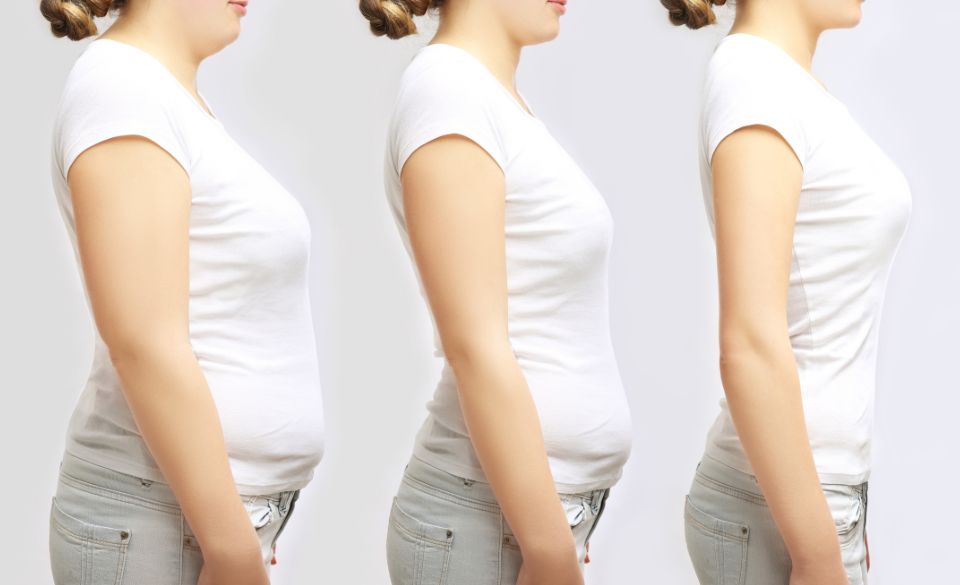
Weight Loss vs Muscle Gain: What’s the Best Approach for Your Fitness Goals
Page Contents
The topic of weight loss versus muscle gain is a complex and often debated issue in the world of fitness and health. According to the World Health Organization (WHO), more than 1.9 billion adults worldwide are overweight, and of those, more than 650 million are classified as obese. This has led to a growing interest in weight loss and the benefits it can have on overall health.
On the other hand, there has been a surge in interest in muscle gain, with many people seeking to build lean muscle mass for aesthetic and functional reasons. The American College of Sports Medicine (ACSM) recommends that adults engage in strength training exercises at least two days per week to improve muscular fitness and overall health.
While both weight loss and muscle gain can lead to improvements in health and wellbeing, they require different approaches and can have different effects on the body. For example, weight loss often involves reducing caloric intake and increasing physical activity, while muscle gain requires a focus on strength training and proper nutrition.
In recent years, there has been a trend towards combining weight loss and muscle gain goals, with the aim of achieving a lean, toned physique. This approach involves a combination of strength training, cardio exercise, and a balanced diet to both burn fat and build muscle.
Overall, the debate between weight loss and muscle gain is ongoing, with both approaches having their benefits and drawbacks. Understanding the science behind each method and tailoring a plan to fit individual goals and needs is key to achieving success in either pursuit.
Weight Loss vs Muscle Gain – What You Should know
When it comes to weight loss vs. muscle gain, it’s important to understand that these two goals require different approaches and have different effects on the body. Here are some things you should know:
Calories in vs. calories out: Weight loss is primarily about burning more calories than you consume, while muscle gain requires consuming more calories than you burn. To lose weight, you need to create a calorie deficit, which can be achieved through a combination of reducing caloric intake and increasing physical activity. To gain muscle, you need to consume more calories than your body burns, with an emphasis on protein-rich foods to support muscle growth.
Cardio vs. strength training: While cardio exercises like running or cycling can help with weight loss by burning calories, strength training is necessary to build muscle. Strength training exercises like weight lifting, bodyweight exercises, or resistance band training can help build lean muscle mass, which in turn can increase metabolism and promote weight loss over time.
Nutrition: Proper nutrition is essential for both weight loss and muscle gain. To lose weight, you need to focus on consuming a balanced diet that includes whole, nutrient-dense foods while limiting processed and high-calorie foods. For muscle gain, you need to focus on consuming enough protein and calories to support muscle growth, while also getting the right balance of macronutrients (protein, carbohydrates, and fats) to support overall health.
Time and patience: Both weight loss and muscle gain take time and patience. You’re unlikely to see significant changes overnight, so it’s important to set realistic goals and stick with a consistent routine over time. Remember, slow and steady progress is often more sustainable than trying to make drastic changes all at once.
Individual differences: Finally, it’s important to understand that weight loss and muscle gain can be influenced by individual differences in factors like genetics, hormones, and lifestyle. What works for one person may not work for another, so it’s important to listen to your body and adjust your approach as needed to find what works best for you.
Overall, understanding the differences between weight loss and muscle gain can help you set realistic goals and create a plan that works for your unique needs and preferences.
Can I Lose Fat and Gain Muscle at the Same Time?
It is possible to lose fat and gain muscle at the same time, but it can be challenging. This is because the body requires a calorie deficit to lose fat and a calorie surplus to build muscle. However, with the right approach, it is possible to achieve both goals simultaneously.
One way to achieve this is by following a strength training program while also paying close attention to nutrition. Strength training helps to build muscle while also increasing metabolism, which can aid in fat loss. It’s important to focus on progressive overload, which involves gradually increasing the weight and intensity of exercises to challenge the muscles and promote growth.
At the same time, nutrition plays a critical role in both fat loss and muscle gain. To lose fat, you need to consume fewer calories than your body burns, while to gain muscle, you need to consume more calories than your body burns. It’s important to eat a balanced diet that is rich in protein, complex carbohydrates, and healthy fats to support muscle growth and recovery.
In addition, it’s essential to monitor progress and make adjustments as needed. This might involve tracking calories, adjusting macronutrient ratios, or tweaking exercise routines to maximize fat loss and muscle gain.
Overall, while it can be challenging to lose fat and gain muscle at the same time, it is possible with the right approach. With consistent effort and patience, it is possible to achieve a lean, toned physique that is both healthy and functional.


